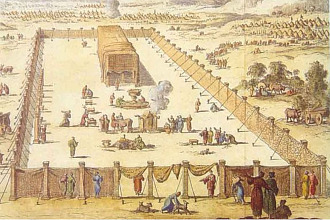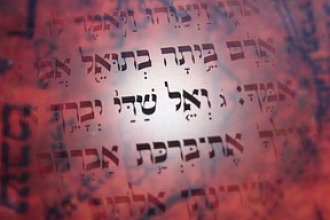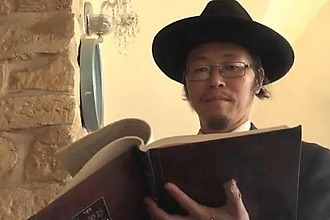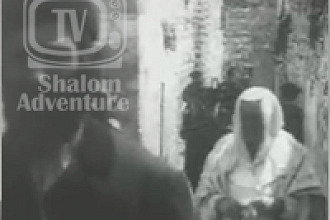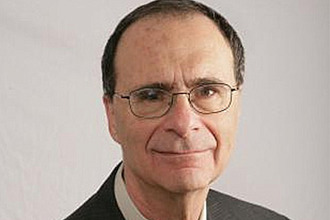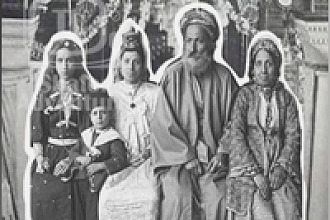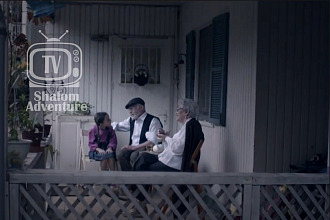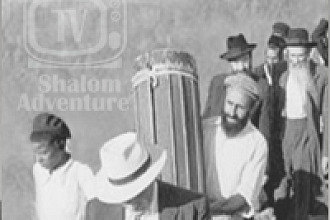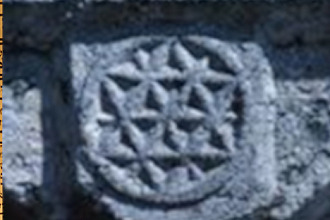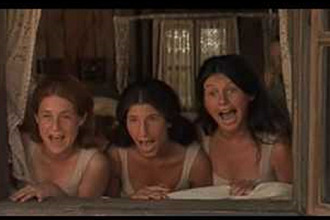GOD WANTS YOUR HEART, AND PRAYER IS THE MEANS by which your heart is offered to Him. "When you pray, rather let thy heart be without words than thy words be without heart" (John Bunyan). Set your affections upward, lift up your soul, and inwardly bow in awe before the Presence of the King who sits upon the Throne of Grace. Pour out your concerns before Him, since He cares for you. Our prayers are answered when we are able to let go and trust God's heart for us (Phil. 4:6-7).
Since prayer is the expression of the heart, it is vital to understand that it means far more than reciting certain "religious" words in formulaic petition. God is not interested in empty prayers any more than he desires heartless sacrifice (Isa. 29:13; Hos. 6:6; Matt. 15:9). King David said (Psalm 35:13): "May what I prayed for happen to me!" (literally, tefillati al-cheki tashuv - "may it return upon my own breast"). Some of our prayers are conscious words spoken to God, whereas others are unconscious expressions of inner heart attitudes. Be careful how you think! It is sobering to realize that our thoughts are essentially prayers being offered up to God... When we will the good of others we find God's favor, healing and life. Yeshua spoke of "good and evil treasures of the heart" that produce actions that are expressed in our words (Luke 6:45). A midrash states that if someone speaks well of another, the angels above will then speak well of him before the Holy One.
"Pray without ceasing" (1 Thess. 5:17). The Holy One, blessed be He, said to Israel: I bade you pray in the assembly of your city, but if you cannot pray there, pray in your field, but if you cannot pray there, pray on your bed, but if you cannot pray there, "be still and know that I am God" (Midrash). Therefore pray often -- and sometimes use words...
The late Henri Nouwen wrote, "I am beginning to see that much of praying is grieving," since the confession of the truth when we "come to ourselves" (Luke 15:17) is often painful. When we pray to the LORD, however, it's obvious that we are not imparting to Him any information, since the Master of the Universe knows all things. As King David wrote: ki ein milah bilshoni, hen, Adonai, yadati khulah: "For there is not a word in my tongue, but, lo, O LORD, you know it altogether" (Psalm 139:4). Yeshua taught us to abstain from using "vain repetitions" in our prayers, since our Heavenly Father knows what we need before we ask Him (Matt. 6:7-8). Some people think that God is impressed with a large crowd of people who are praying for the same thing, as if this were not another form of "vain repetition." The same can be said of being part of a large prayer list. No, there is no need for the crowd to offer prayer, since God regards the individual heart of faith as sufficient to move a mountain and cast it into the sea (Matt. 21:21). One heartfelt prayer that makes real contact with the LORD is better than thousands of people praying for someone or some situation of which they know next to nothing on a prayer chain... True prayer, then, is a means of reverent listening, or quieting ourselves, so that we might hear what the Spirit of God is saying... When you pray bekhol levavkha, with all your heart, you apprehend God's glory and express your desire to Him. You are then enabled to intercede for others by means of the Holy Spirit with "groanings too deep for words" (Rom. 8:26).
Finally, we must remember that prayer is essentially a response to God's call for us... In that sense, prayer is a kind of teshuvah (תְּשׁוּבָה), a word often translated as "repentance," though it's more accurately understood as turning (shuv) to God in response to His call. God's love for us is the question, and our turning of the heart toward Him is the answer. We are able to turn to God because the LORD first turns to us:
"Father in Heaven! You have loved us first, help us never to forget that You are love so that this sure conviction might triumph in our hearts over the seduction of the world, over the inquietude of the soul, over the anxiety for the future, over the fright of the past, over the distress of the moment. But grant also that this conviction might discipline our soul so that our heart might remain faithful and sincere in the love which we bear to all those whom You have commanded us to love as we love ourselves.
You have loved us first, O God, alas! We speak of it in terms of history as if You have only loved us first but a single time, rather than that without ceasing You have loved us first many things and every day and our whole life through. When we wake up in the morning and turn our soul toward You - You are the first - You have loved us first; if I rise at dawn and at the same second turn my soul toward You in prayer, You are there ahead of me, You have loved me first. When I withdraw from the distractions of the day and turn my soul toward You, You are the first and thus forever. And yet we always speak ungratefully as if You have loved us first only once.
- Soren Kierkegaard (Prayers of Kierkegaard)
The heart of a child... God prefers sincerity of the heart, passion borne of mercy, the "weightier matters" of Torah, more than mere religious rites or sacrifice. "God of my ancestors Abraham, Isaac, and Jacob, hear my voice. My heart is filled with love for you, but I am not a learned man, and I am lost for words before you... The only thing that I know is the letters of the Hebrew alphabet, so, please, Master of the Universe, accept the letters from me, and combine them to be words of blessing and praise to Your Name. Aleph... Bet... Gimmel... Dalet..." (Adapted from a Chassidic folktale)
כִּי־רָם יְהוָה וְשָׁפָל יִרְאֶה
וְגָבהַּ מִמֶּרְחָק יְיֵדָע
ki • ram • Adonai • ve•sha•fal • yir•eh
ve•ga•vo•ah • mi•mer•chak • ye•e•dah
"For though the LORD is exalted, He regards the lowly,
but the haughty He knows from afar."
(Psalm 138:6)
Originally found here





